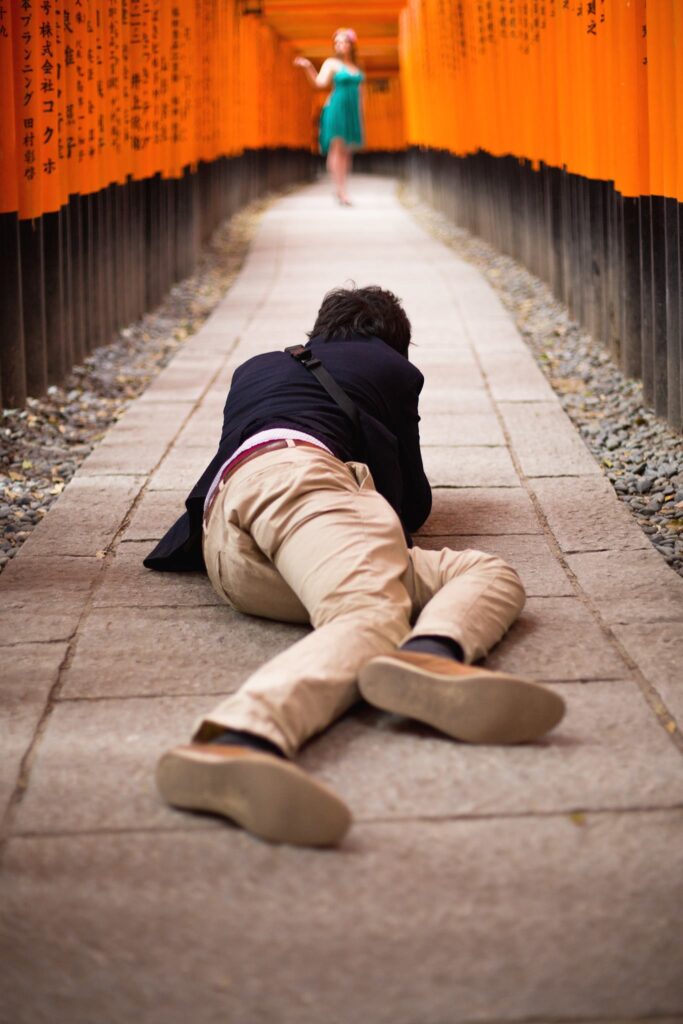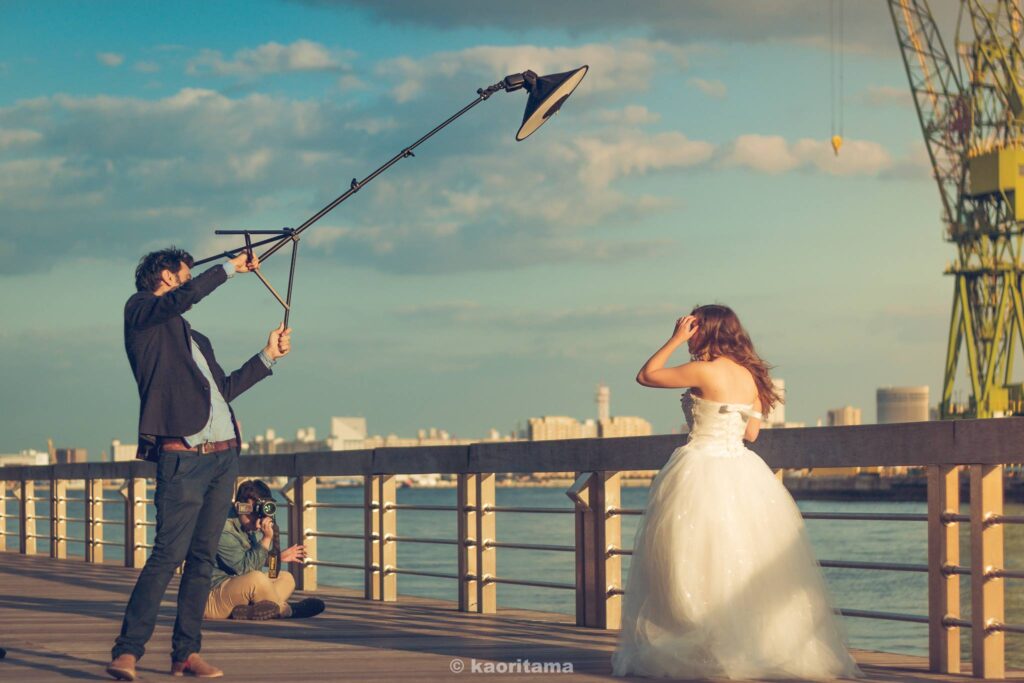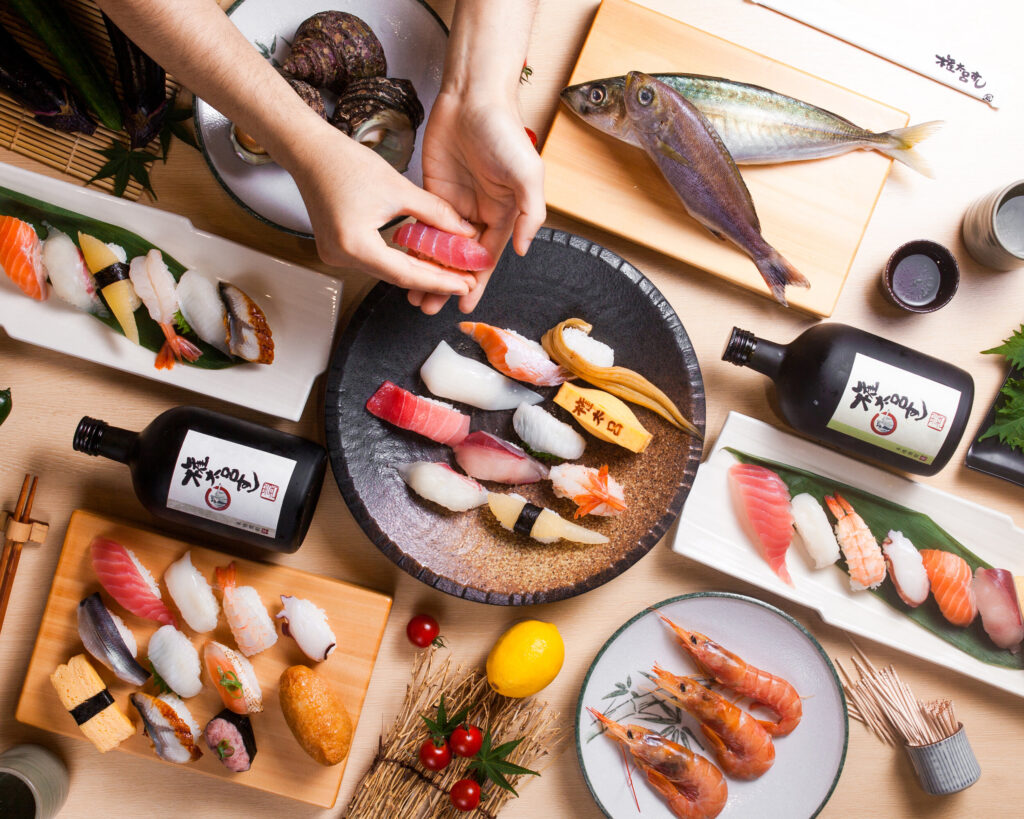
JANUARY 2022 (VOL.171)


Why do you like Japan?
I had visited Japan several times before I decided to move and settle here. Most of my family has lived here since my childhood, so I’m used to visiting them every year, and “trip after trip” Japan started to take a big part in my sentimental life and in my heart. Japan has become my second home, with which I still maintain a deep and sincere relationship, like a teenager’s first love. I think I fell in love progressively with all these harmonious ancestral aspects of the society that we don’t necessarily see when we first arrive or visit.
.
What do you miss about your maternal country living in Japan?
Japan is a well-balanced country between tradition and modernity, between regulation and freedom, between movement and inertia. But in my opinion, society should rethink how to harmonize the individual as a person and the group as a society, the respect as a rule and the criticism as a logical way of thinking. I am a creative person who has a logical academic background, so for me, constant RE-thinking is one of the less developed parts of Japan as a society.
What do you find different about living in Japan over the term compared to when you first arrived or came as a tourist?
The first time I came to Japan was a long time ago, I can barely remember my first thoughts. I understand the culture more than before, and discover the delicate and tricky way of communication with those people with whom I coexist in such a homogenous group, which is Japan. I understand the art of taking care of the people around me, and the “group” or “society”. The group is an important notion in Japanese culture, and not all societies have been able to save this particular value, especially in the contemporary world based on competition and individualism.


Which places in Japan do you recommend that foreigners see?
To discover Japan, culturally speaking, you should spend less time on the traditional tourist circuits and dive into the unexpected and technically uninteresting parts of Japan. One of the most enriching and memorable experiences; I was riding my bicycle for two long days from Kobe to the most remote mountains of Okayama, and staying in a 70 years old couple’s house to share their daily life for a few days. I’ve learned a lot about Japanese culture and myself as well. If I could do it again, I wouldn’t hesitate.
What are your favorite Japanese foods?
As you know, the Japanese culinary culture is one of the richest and most diverse. When I first arrived here, I wasn’t very confident about trying new things, since I do not eat fish, shells, and seafood (which we find in most Japanese dishes). But I’ve tried repeatedly, then I discovered and realized I liked other things that Japan offers as non-fish dishes like tempura, miso, yakitori, and yakiniku BBQ.

V
Were you hesitant to relocate to Japan?
My hesitation was in the opposite way. I first came here in my early 20s to study Japanese for a year. At that time my hesitation was about leaving Japan or not. I had to choose between joining a Japanese university or going back and finishing my bachelor’s degree in Paris (which I did). And a few years later, Japan still called me like a “mom calling her son for dinner”, so I decided to move back and here I am now.
.
Would you like to continue to live in Japan for the rest of your life?
For now, I have no plans of leaving Japan. I will consider what Japan brings to me as a society. First, economically, Japan has better opportunities than abroad for sure. Next, I think this country gives me opportunities to grow personally, but also spiritually. Thus, Japan sets the bar high to live in a correct way and I like it. Living here makes me a better person.
V
V
V
V




